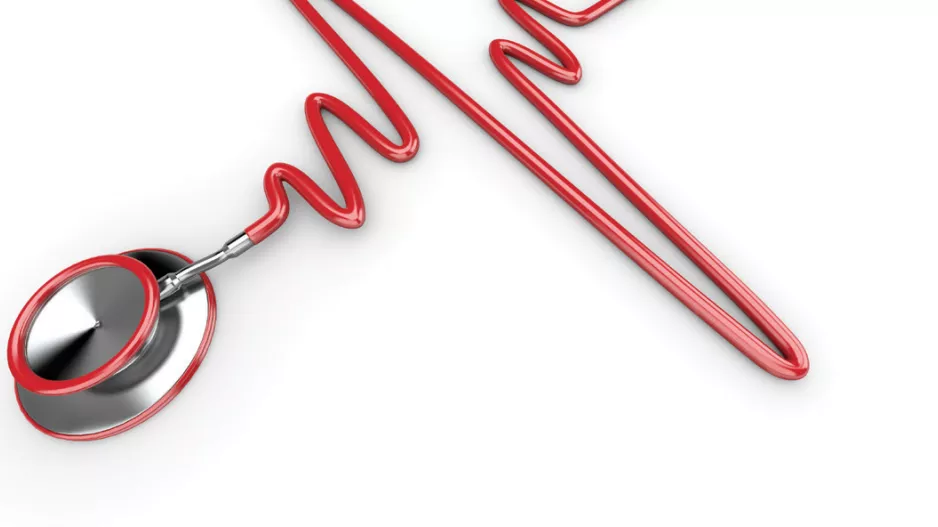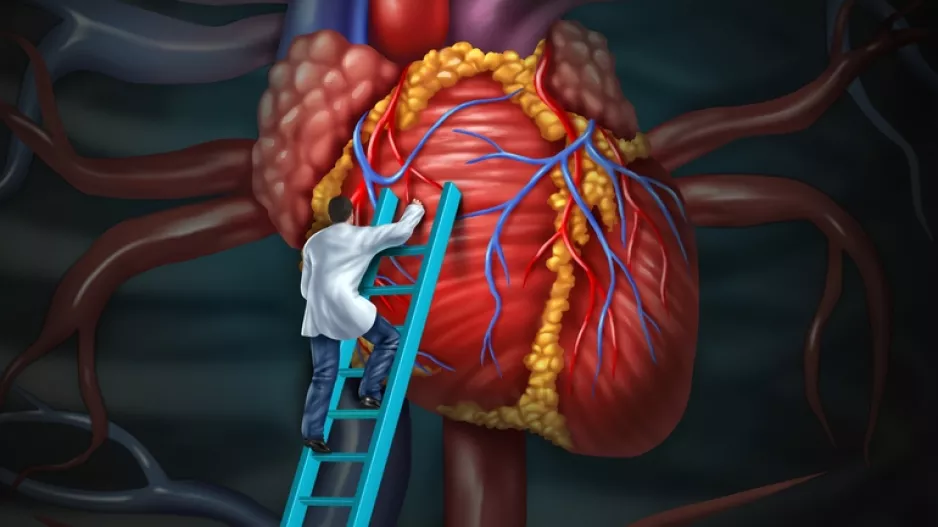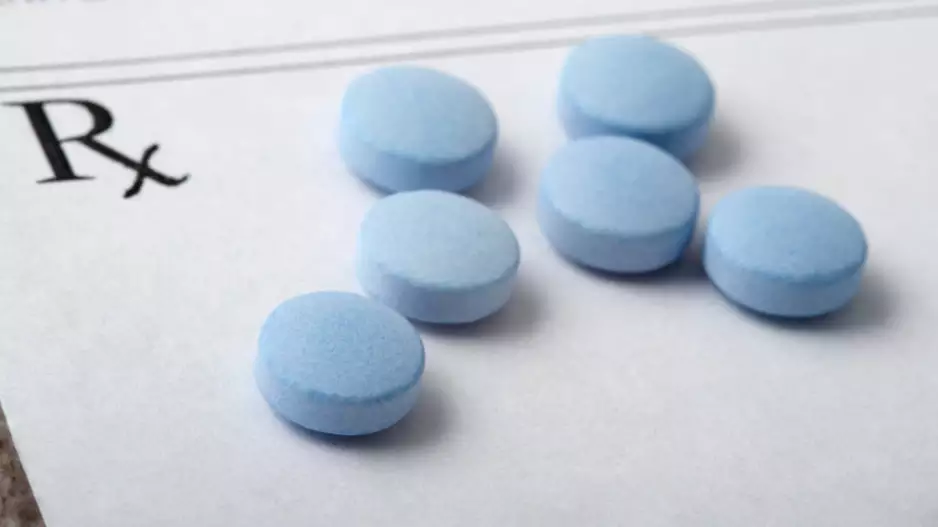More Articles
The FDA has announced a recall of Boston Scientific’s EMBLEM S-ICD Subcutaneous Electrode, a key component of the company’s S-ICD system. This is a Class I recall, which means it is an especially serious issue that can result in injury or death…
Even with numerous vaccines now being distributed, the COVID-19 pandemic continues to cause havoc for health systems all over the world. Numerous studies have confirmed that patients with cardiovascular disease face an especially high risk of…
The wealthiest European countries have higher death rates from atrial fibrillation (AFib) than less wealthy countries, according to a new analysis published in European Heart Journal.
The study’s authors examined data from 1990…
Medtronic has received FDA approval for its DiamondTemp Ablation (DTA) system, a temperature-controlled solution designed to treat patients with recurrent atrial fibrillation (AFib).
The DTA system uses pulmonary vein isolation and can…
Atrial fibrillation (AFib) patients hospitalized with COVID-19 face a heightened risk of poor outcomes, including death, according to a new meta-analysis published in the American Journal of Cardiology.
The study’s authors hoped…
The American Heart Association (AHA) has published a new scientific statement examining the powerful impact a person’s mental health can have on their cardiovascular health.
The statement, published in full in Circulation, was…
Cardiovascular conditions occur at an especially high rate among male breast cancer patients, according to new findings presented as part of the American College of Cardiology’s Advancing the Cardiovascular Care of the Oncology Patient virtual…
Atrial fibrillation (AFib) ablation is an effective treatment option for patients with hypertrophic cardiomyopathy (HCM), according to new findings published in the Journal of the American Heart Association.
The study included 65…
Sudden cardiac death (SCD) is more common during nighttime hours for women than men, according to new research out of Cedars-Sinai Medical Center.
SCD, when a disturbance of someone’s heart rhythm causes their heart to stop beating,…
Drinking even a small amount of alcohol can increase a person’s risk of atrial fibrillation (AFib), according to new research published in European Heart Journal.
Tracking data from more than 107,000 patients, researchers found…
Patients with atrial fibrillation (AFib) who are treated with non‐vitamin K antagonist oral anticoagulants (NOACs) are less likely to develop diabetes than those treated with warfarin, according to an in-depth analysis out of Taiwan.
The…
The American College of Cardiology (ACC) is celebrating the holiday season with a new gift for cardiologists: antithrombotic therapy recommendations for patients with atherosclerotic cardiovascular disease (ASCVD) and concomitant atrial…
Royal Philips has acquired BioTelemetry, a Pennsylvania-based healthcare technology company focused on remote cardiac diagnostics and monitoring, for $2.8 billion.
BioTelemetry was founded in 2004, when it was known as CardioNet. The…
Patients with heart rhythm disorders are not more likely to get COVID-19. The ongoing pandemic has been stressful, however, and anyone with such a disorder may face additional…
Immune checkpoint inhibitor (ICI) therapy is a popular, effective treatment for a variety of cancers. However, according to a new analysis in European Heart Journal, some patients undergoing ICI therapy may face an increased risk of…
The American College of Cardiology (ACC) and American Heart Association (AHA) have released updated performance measures for treating atrial fibrillation (AFib) or atrial flutter.
The update, published in the Journal of the American…
Researchers have developed a brand new prediction model capable of identifying patients at a heightened risk of atrial fibrillation (AFib), sharing their findings published in Circulation: Arrhythmia and Electrophysiology.
The…
Overdose-related cardiac arrests skyrocketed in the United States during the first months of the COVID-19 pandemic, according to a new analysis in JAMA Psychiatry.
The study’s authors examined federal emergency medical services (…
There are no benefits to treating patients with hydroxychloroquine after they have already been exposed to COVID-19, according to a new study published in the New England Journal of Medicine.
The antimalarial drug was once…
Drinking too much alcohol in a given week can put atrial fibrillation (AFib) patients at an increased risk of stroke, embolism and other significant health issues, according to new findings published in EP Europace.
The authors…
A significant number of atrial fibrillation (AFib) patients who are referred for ablation have undiagnosed sleep apnea, according to a new study published in JACC: Clinical Electrophysiology.
“The growing number of patients with…




















